Are writing source books really helpful? Other than making the writer of said source material money, I’m not so sure. In my experience, few are worth the price, but a couple do stand out for me:
Writer’s Guide to Places, by Don Prues and Jack Heffron, has proven to be invaluable to me as a writer. Sure, some will argue, it doesn’t cover every aspect of any give place (how could it?) but it does generally provide you with enough information to fake it.
Write what you know, they say. That’s all well and good, but not every story can be set in your hometown. If you need to get the general layout of, say, Dallas, because you’re writing a few scenes there, you could do a lot worse than this book. Sure, it’s no substitute for actually being there, but it gives you enough details to add much-needed flavor to your words.
In writing Threads, my second novel, this book really helped me visualize parts of Chicago I’d never before visited.
Descriptionary, by Marc McCutcheon, is another book worth adding to your resource library. The subtitle of Descriptionary says it’s “the book for when you know what it is, but not what it’s called.” That actually happens to me a fair amount. If you own this book, however, you can quickly flip through the included glossaries and find out, for instance, that the highest ranking officer in the Navy is a Fleet Admiral, that cryptology is the science of deciphering hidden or disguised communication, and that a Parsec is a measurement equaling 3.26 light years. Pretty darned useful, if you ask me.
There are other useful books out there, to be sure, but I’ve found these to be two of the best, and have used both extensively in my writing.
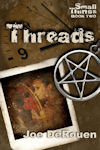
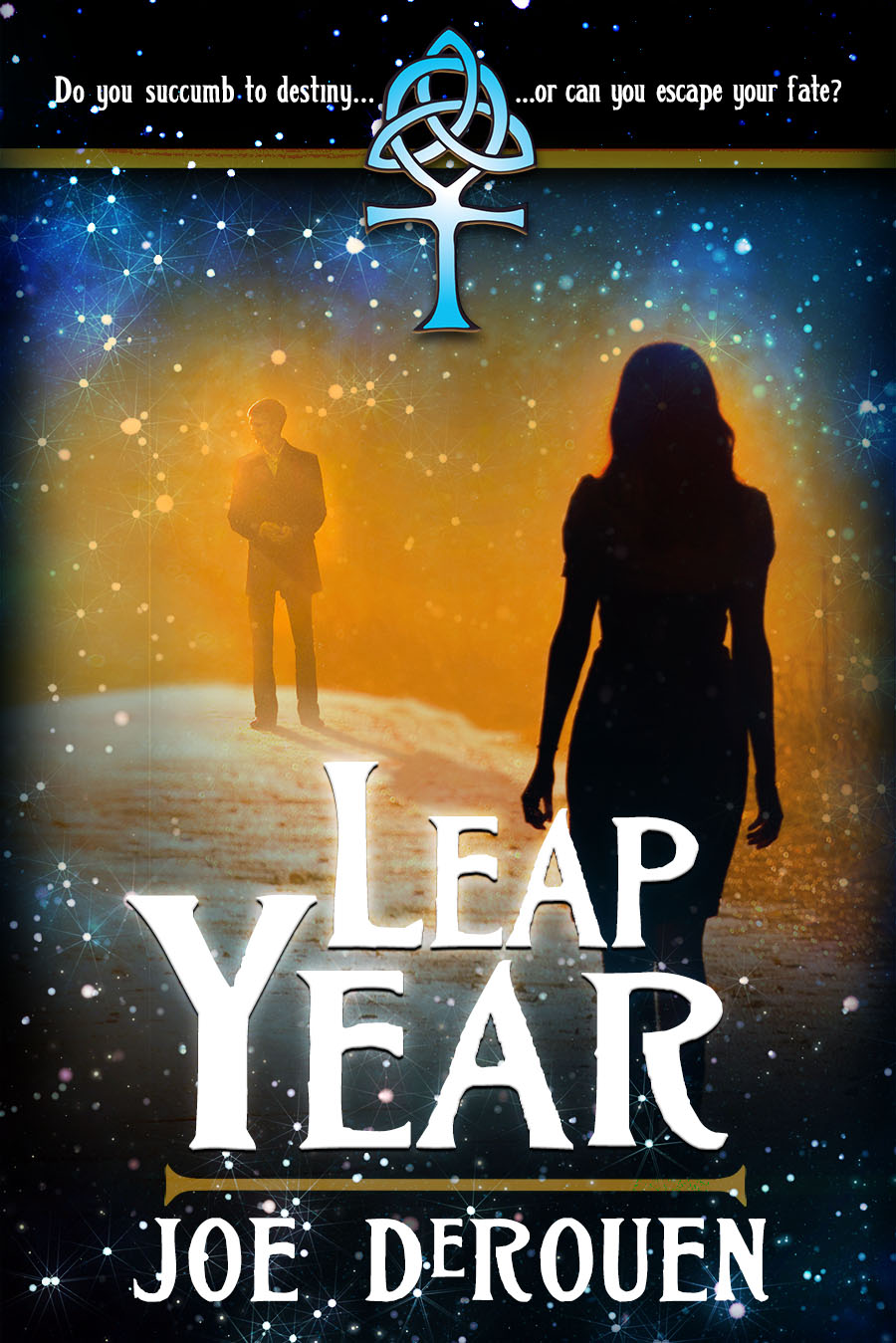
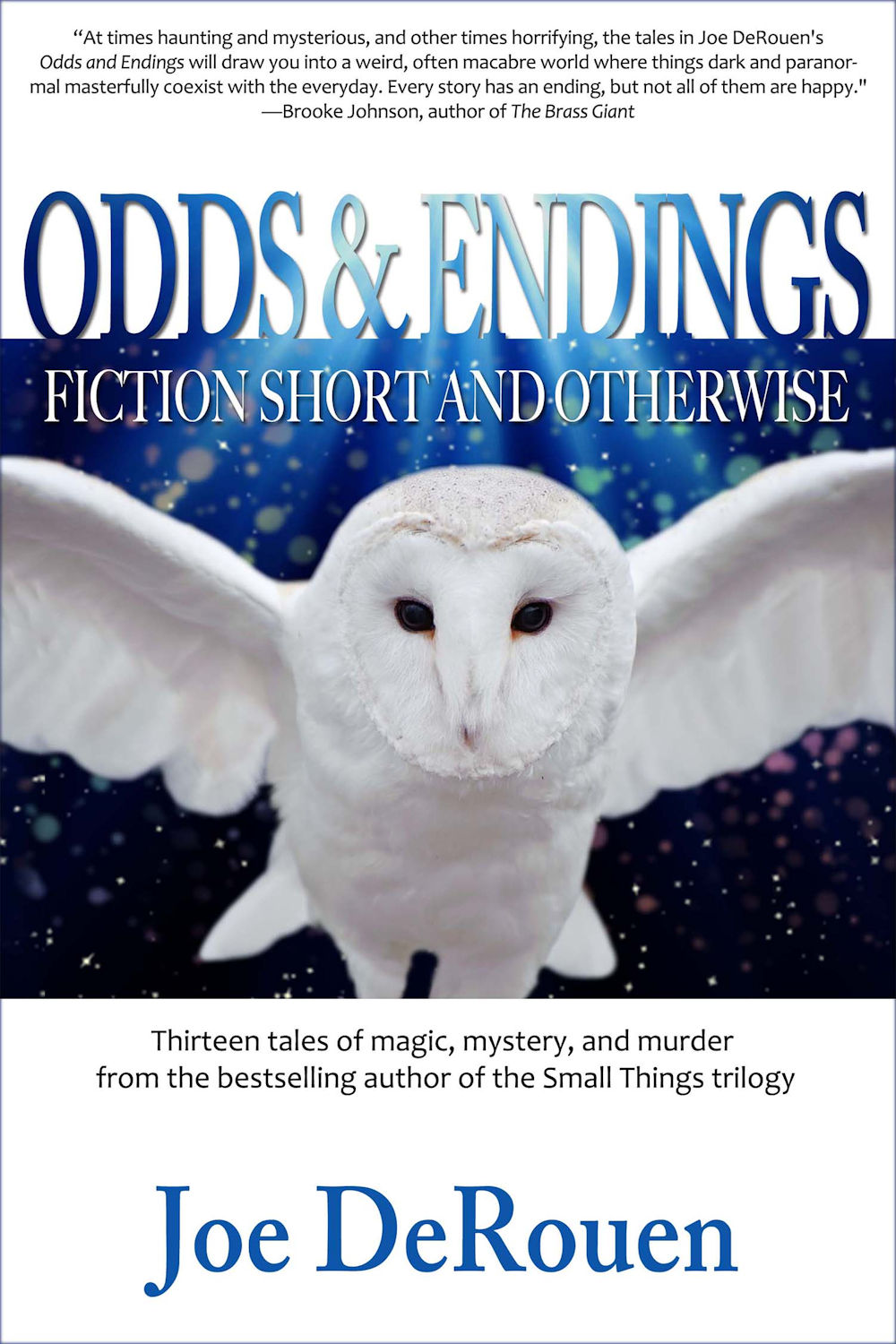
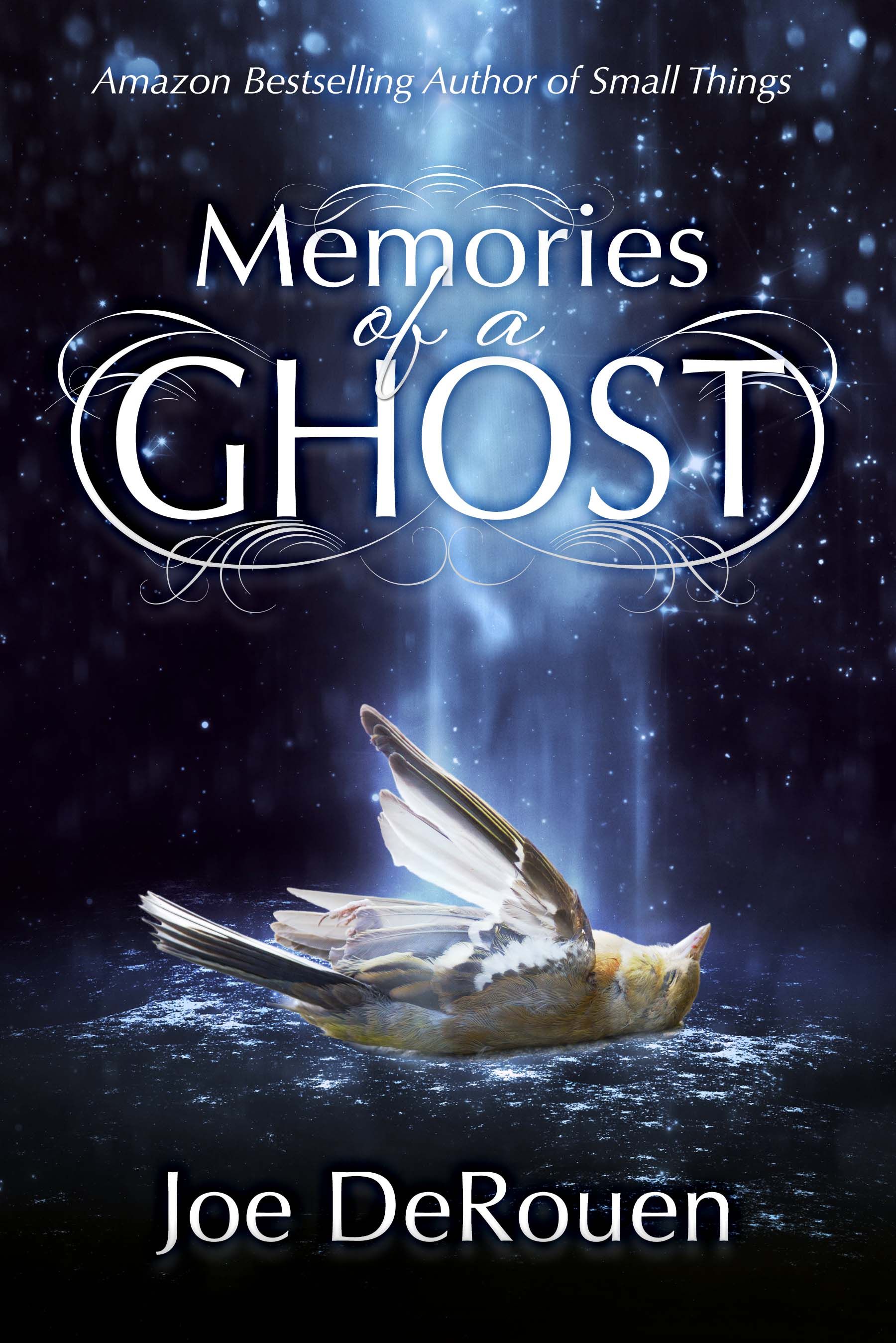
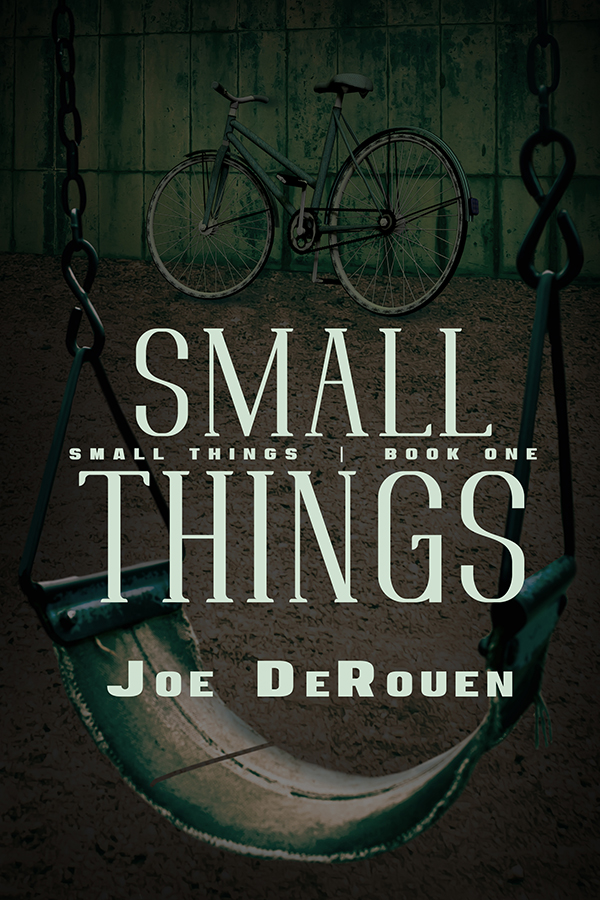
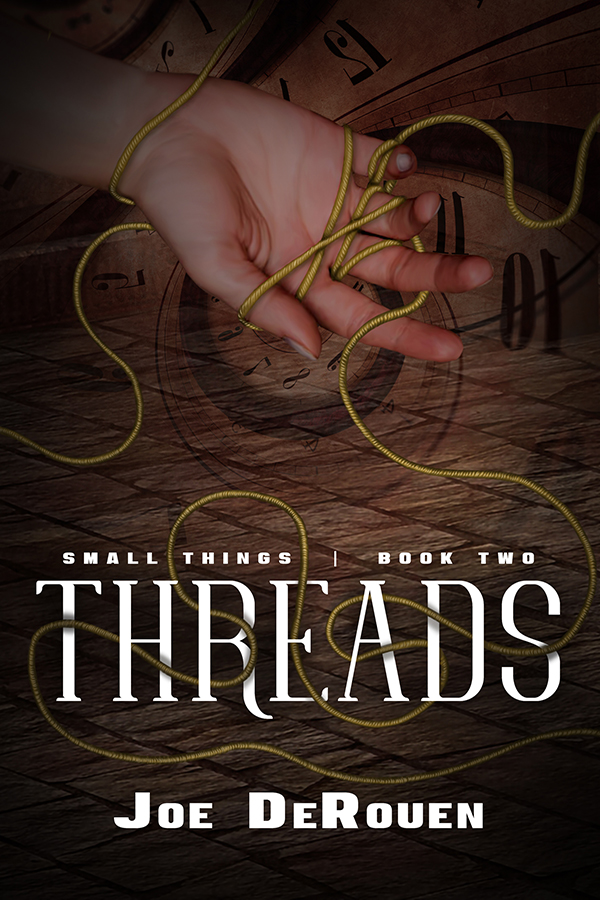
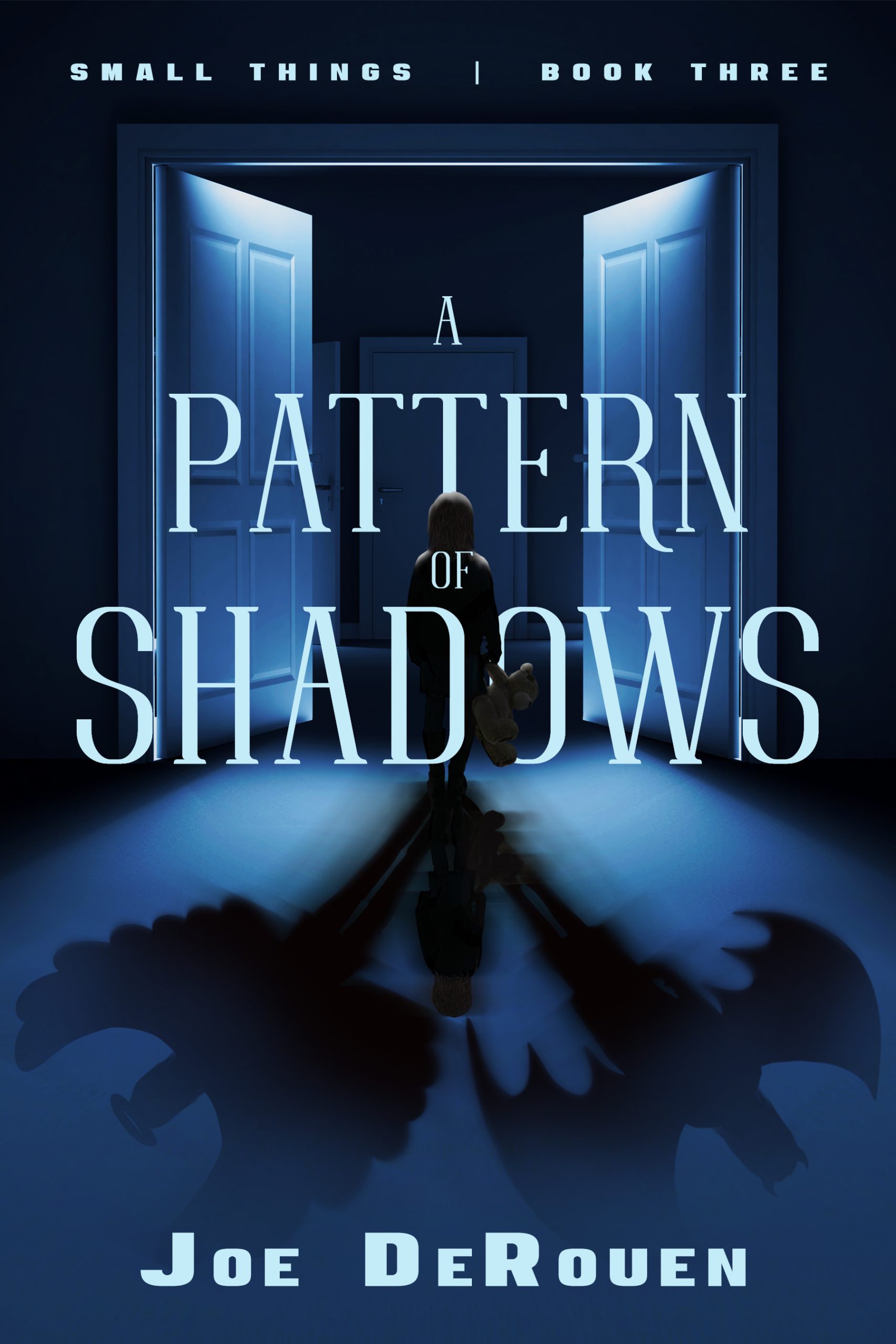
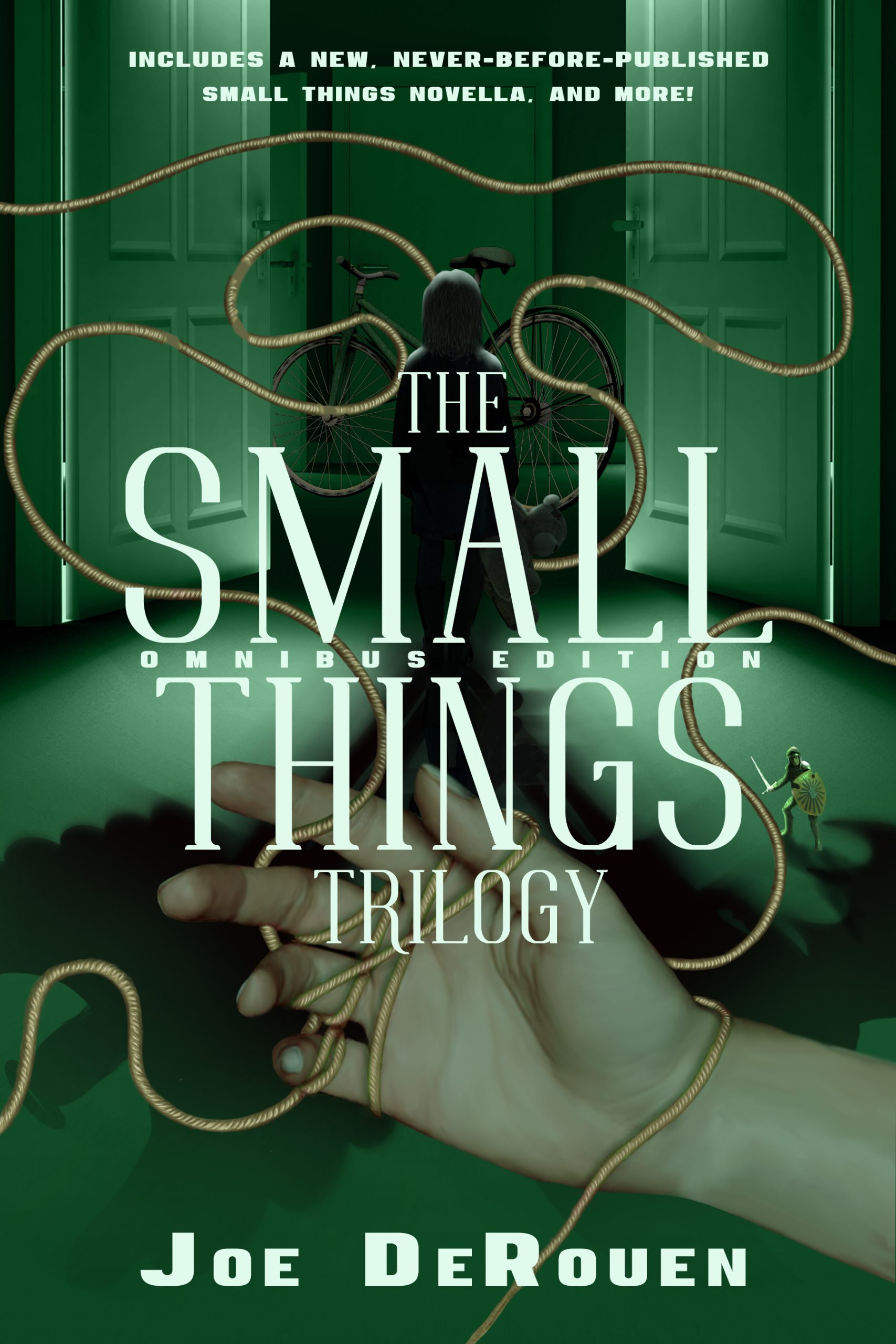
No responses yet